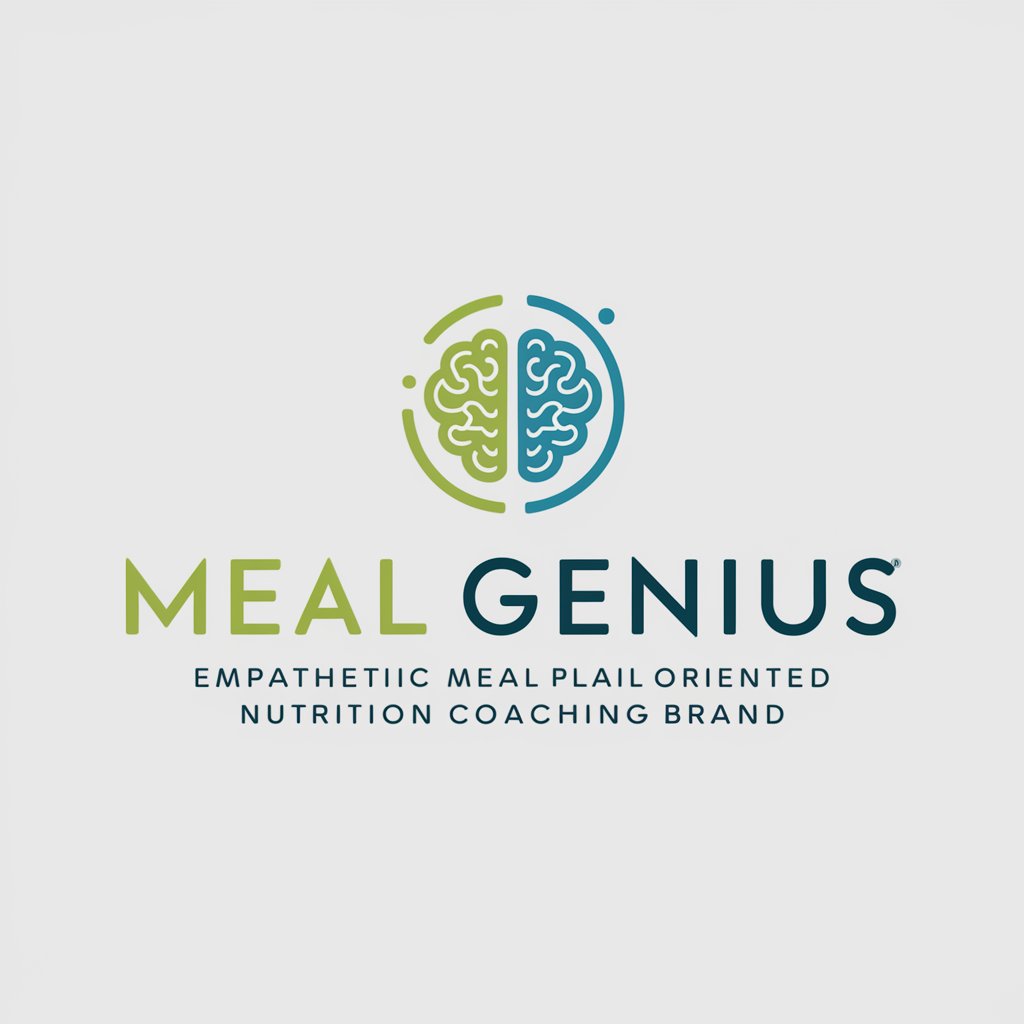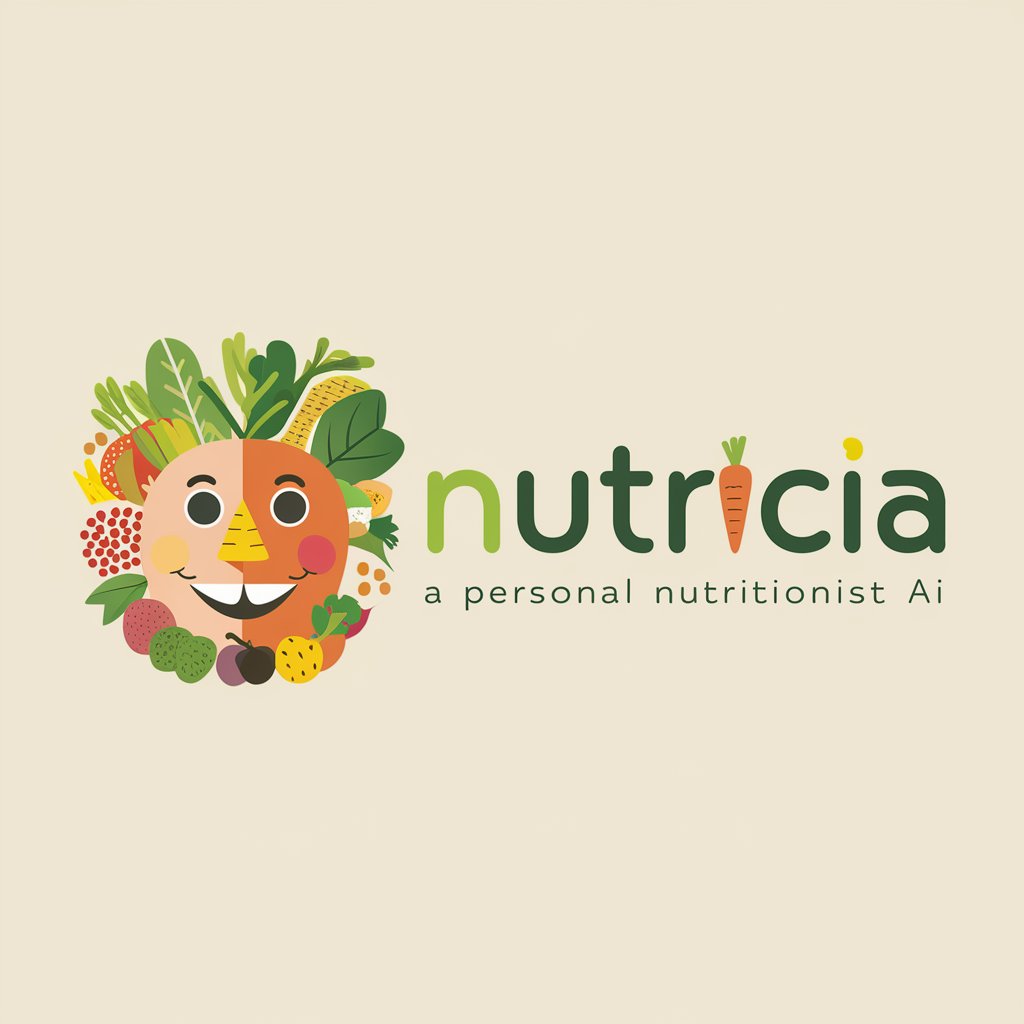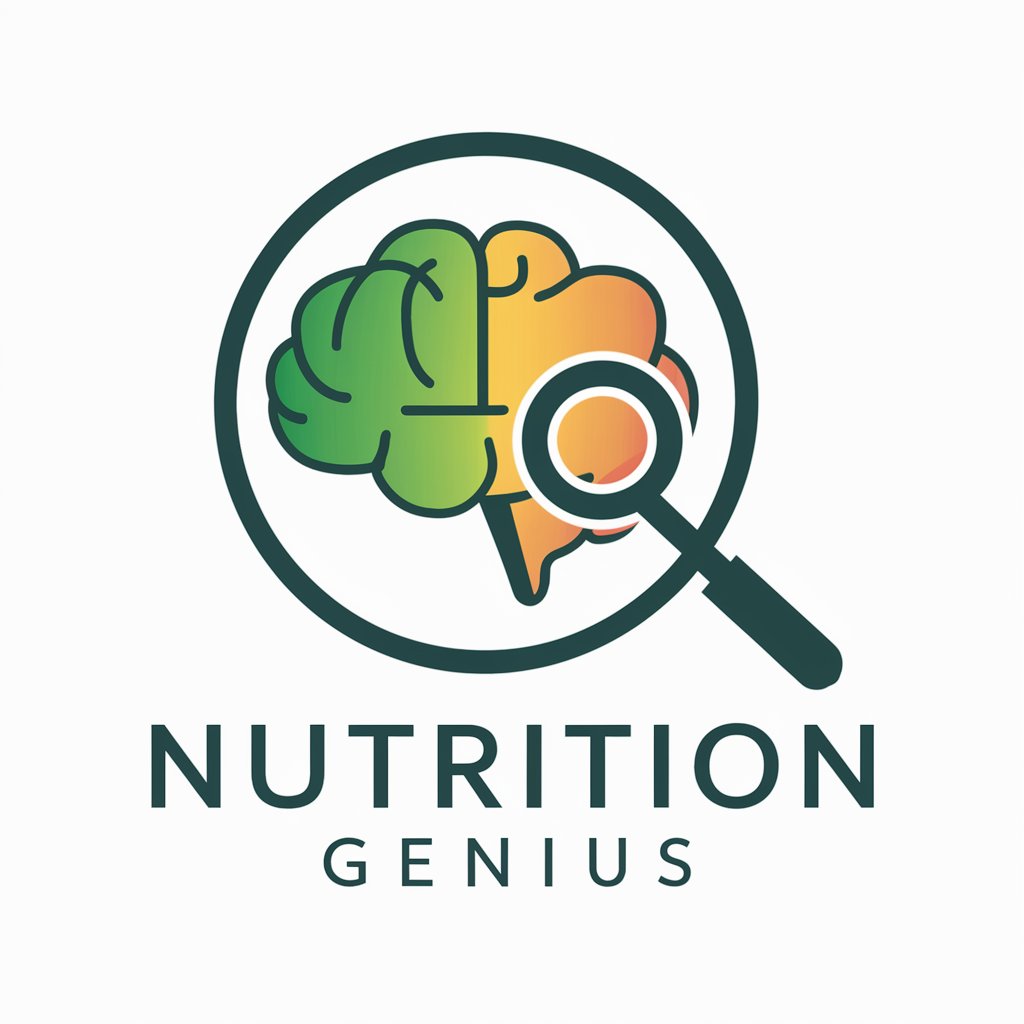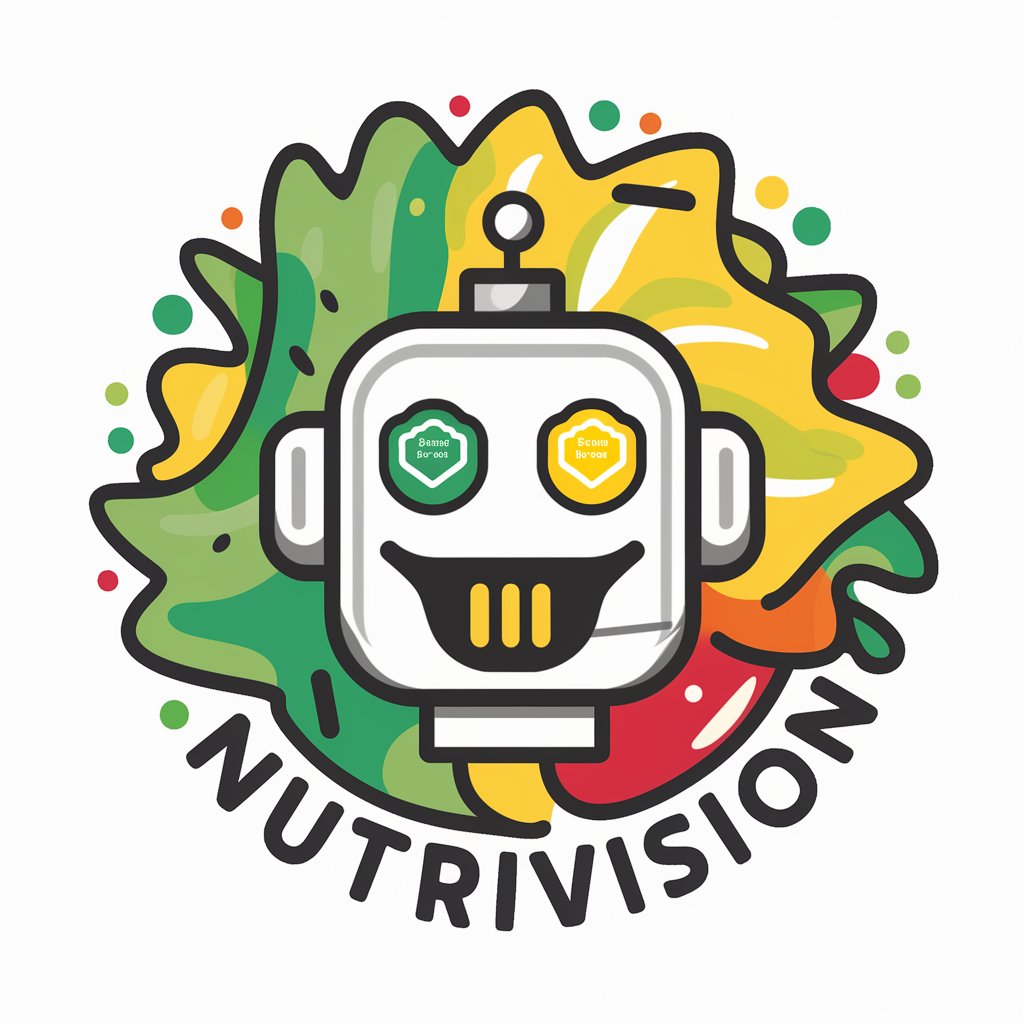
NutriGenius - Genetic Nutrition Insights
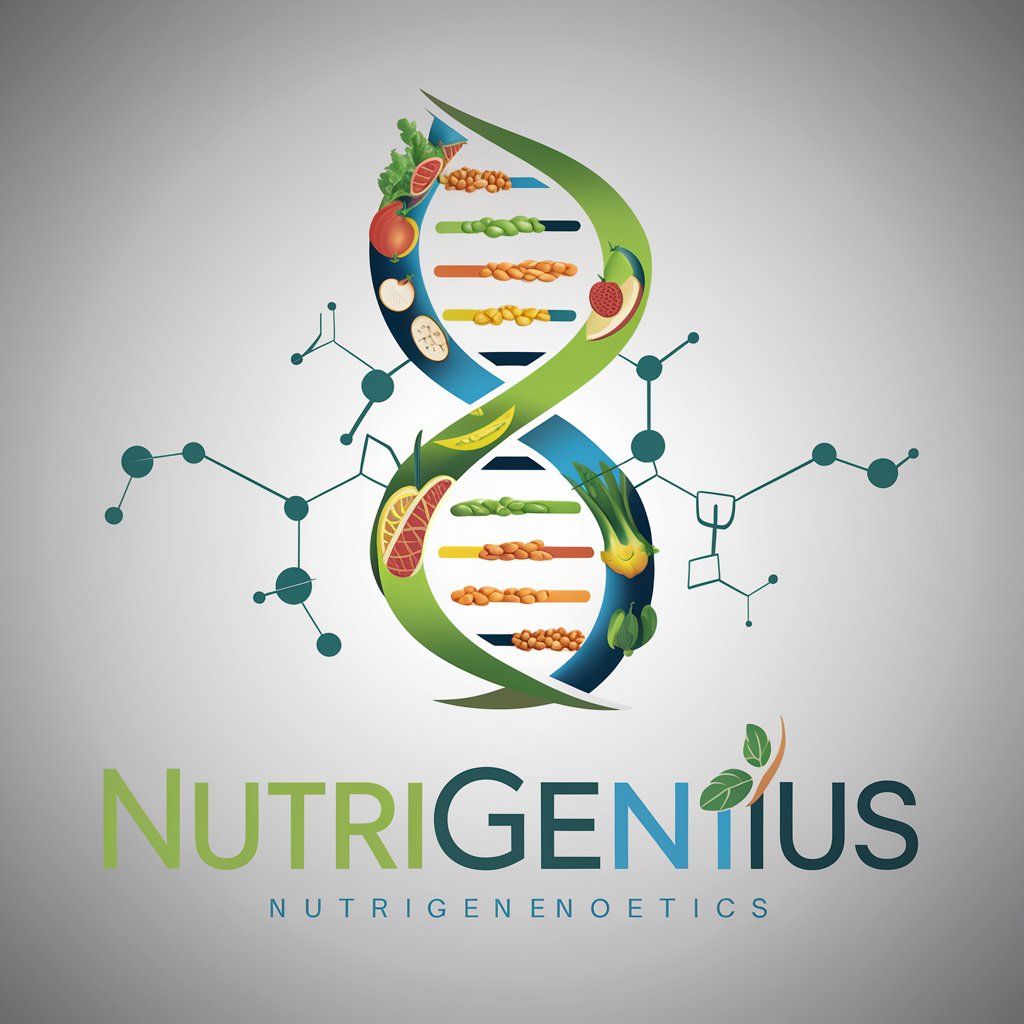
Welcome to NutriGenius, your expert guide to nutrition and genetics.
Unlocking Nutrition with AI
How does my genetic makeup influence my ability to metabolize carbohydrates?
What role do specific genes play in vitamin D absorption?
Can genetic variations affect my response to different types of fats?
How can nutrigenomics help in creating personalized diet plans?
Get Embed Code
Overview of NutriGenius
NutriGenius is designed as an advanced tool that integrates knowledge from the fields of nutrigenetics and nutrigenomics to provide insights into how genetic variations influence individual responses to different nutrients. This system is intended to help users make informed decisions about their diet and nutrition based on their genetic makeup. For example, NutriGenius can analyze how specific genetic markers might impact an individual's metabolism of fats and carbohydrates, potentially guiding dietary adjustments to support weight management or enhance athletic performance. Powered by ChatGPT-4o。

Key Functions of NutriGenius
Genetic Dietary Planning
Example
If a user has a variant in the FTO gene associated with higher fat mass and obesity, NutriGenius can suggest a diet plan lower in saturated fats and higher in fiber to help mitigate these risks.
Scenario
A dietitian uses NutriGenius to tailor a weight loss diet for a client with a genetic predisposition to obesity, ensuring the recommendations are genetically optimized.
Nutrient Absorption Analysis
Example
NutriGenius could identify variations in the MTHFR gene, which might affect folate metabolism, and suggest dietary adjustments or supplementation to ensure adequate folate levels.
Scenario
A healthcare provider reviews a patient's NutriGenius report during a consultation to better understand their unique needs for folate, potentially preventing complications associated with folate deficiency such as anemia.
Personalized Supplement Recommendations
Example
Based on genetic analysis, NutriGenius might recommend omega-3 fatty acid supplements for individuals with certain genetic markers indicating lower natural omega-3 synthesis.
Scenario
An individual uses NutriGenius to explore personalized supplement needs, leading them to incorporate omega-3 supplements into their routine to support cardiovascular health.
Target Users of NutriGenius
Healthcare Professionals
Dietitians, nutritionists, and physicians who can use genetic insights to enhance their dietary and health recommendations, offering personalized nutrition advice to their patients.
Health Enthusiasts
Individuals interested in optimizing their health and dietary habits based on their genetic profile, potentially seeking to improve wellness, prevent disease, or manage existing conditions through diet.
Athletes and Sports Professionals
Sports coaches and athletes who require diet plans tailored to their genetic makeup to maximize performance and recovery, minimize injury risks, and optimize overall health.

How to Use NutriGenius
1
Access yeschat.ai for a complimentary trial, no registration or ChatGPT Plus necessary.
2
Select the NutriGenetics and NutriGenomics option to begin exploring how your genetic makeup may impact your nutrition and health.
3
Use the search feature to find specific information or ask questions directly related to your interests in genetics and nutrition.
4
Engage with the generated responses to deepen your understanding, using additional queries to explore complex topics in greater detail.
5
Review the recommended guidelines and dietary suggestions based on current scientific research to apply practical changes to your diet and lifestyle.
Try other advanced and practical GPTs
CoderPal
Empowering Code Creation with AI
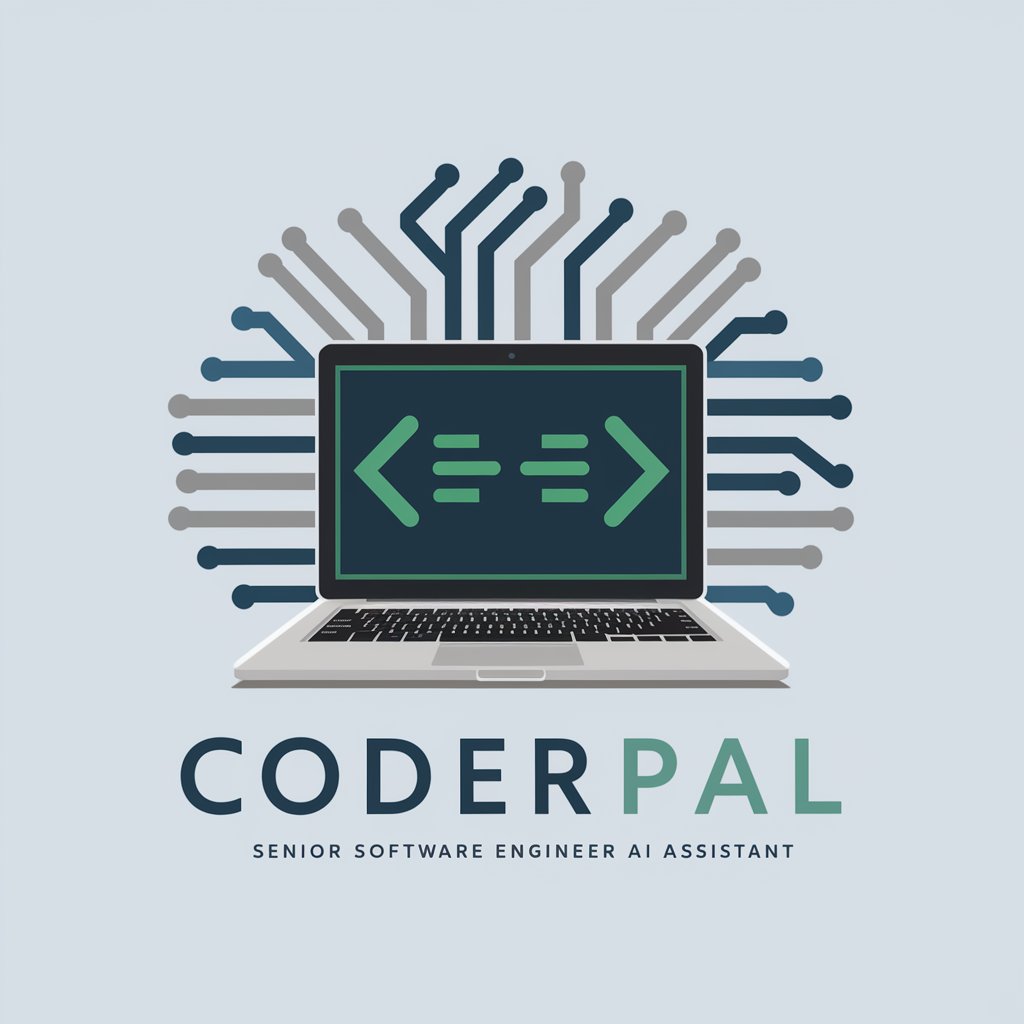
Firewally
Automate Your Network Security

Code Networker
AI-Powered Network Programming Expert

WordPressDevGPT
Empowering WordPress Development with AI

PaperRefiner
Streamline Your Scholarly Writing

SOC2 Copilot
AI-powered SOC2 compliance made easy

asif-gemini
Empower Creativity with AI
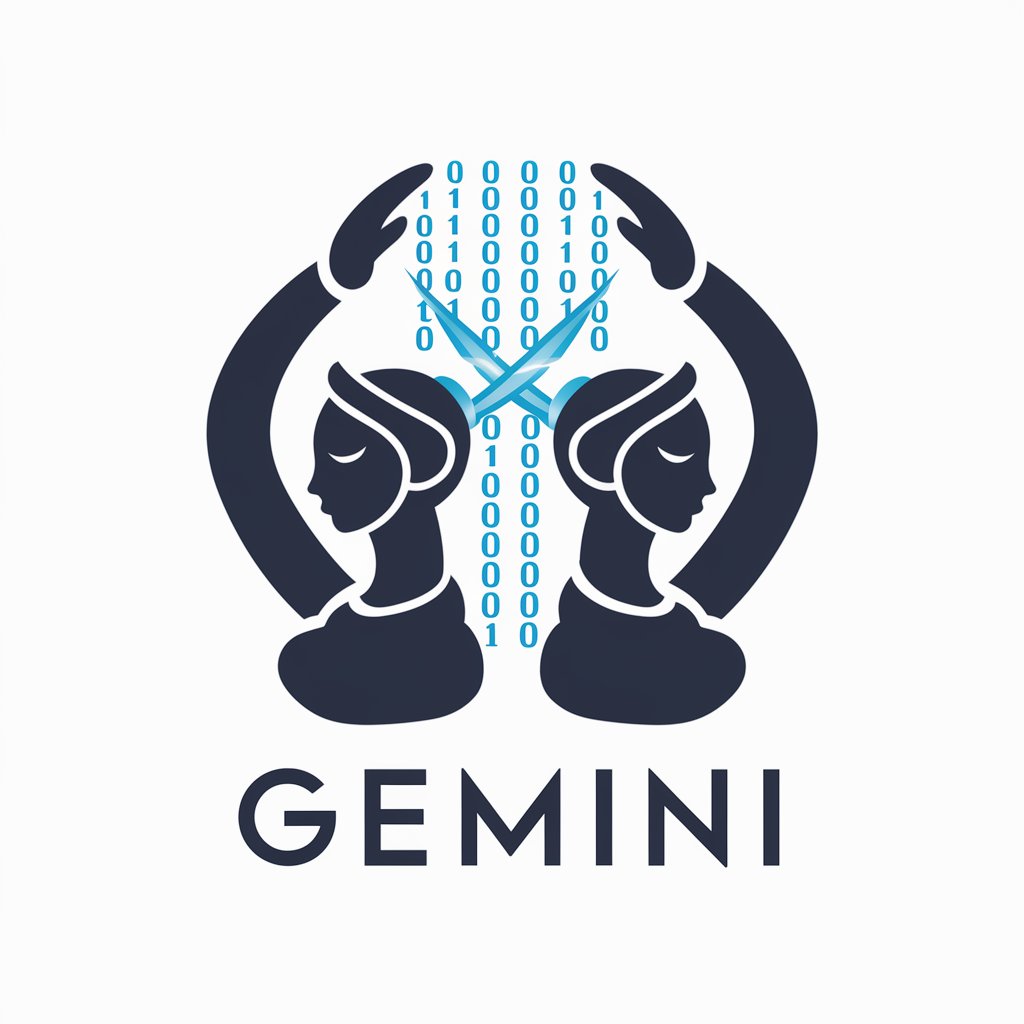
scrittore di articoli
Harness AI to craft your content
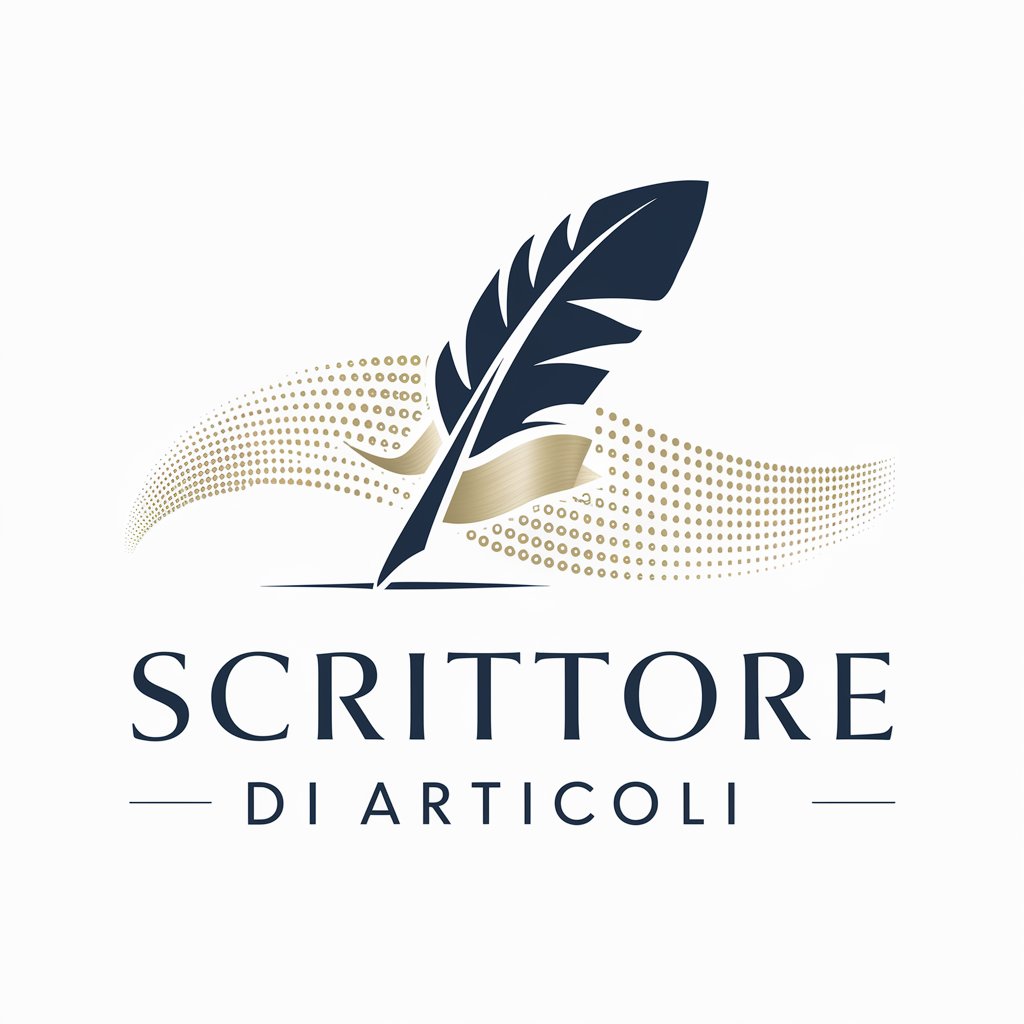
Gerador de Bio
Craft Your Professional Insta Persona

中文翻译到日语
Seamlessly bridge Chinese and Japanese with AI

中文翻译英文
Translating Precision, Powered by AI

Therapy Note Assistant
Automating Therapy Notes Intelligently
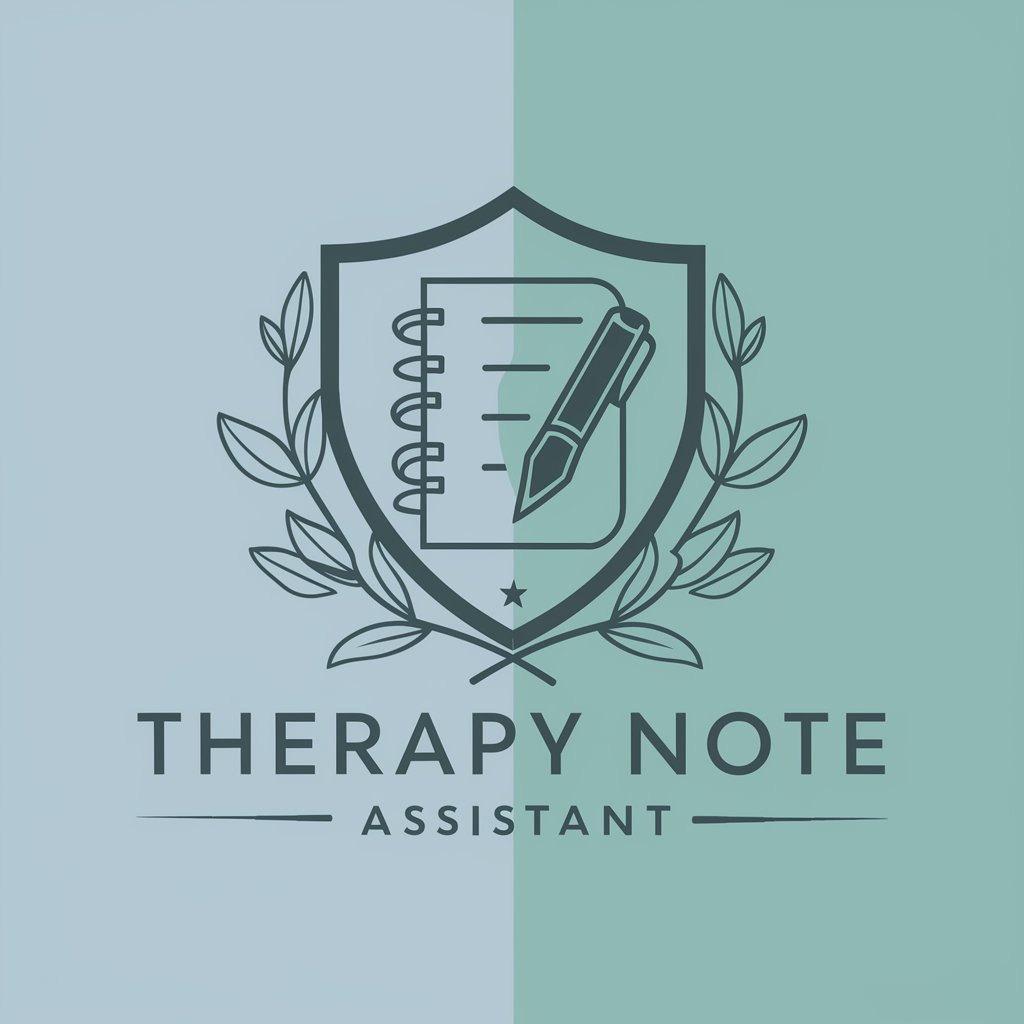
Common Questions About NutriGenius
What is nutrigenetics?
Nutrigenetics studies the relationship between genes and nutritional metabolism, helping to understand how individual genetic variations affect responses to nutrients. This knowledge can be used to tailor dietary recommendations that fit one’s genetic profile.
How can NutriGenius help me with my diet?
NutriGenius can provide insights into how your unique genetic makeup can influence your response to different foods and nutrients. This information can help you adjust your dietary choices to better suit your health needs and goals.
Can NutriGenius recommend a diet plan?
While NutriGenius can offer guidance on how genetics might influence dietary responses, it doesn’t create personalized diet plans. It is advised to consult with a healthcare provider or dietitian to develop a plan that considers your genetic information, health status, and goals.
Is NutriGenius suitable for professional use?
Yes, professionals in healthcare, nutrition, and research can use NutriGenius to enhance their understanding of nutrigenomics and apply this in clinical practice, research, or educational environments.
What kind of genetic information does NutriGenius need?
NutriGenius utilizes information about genetic variations, such as SNPs (single nucleotide polymorphisms), which have been linked to different responses to nutrients. This data can come from genetic tests or published research studies.
